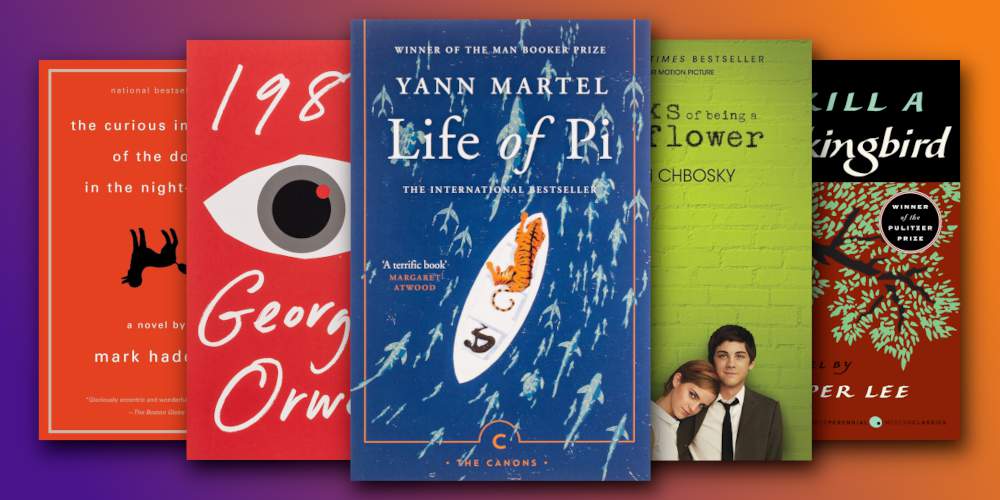Most novels are... forgettable. You can turn that final page, put the book down, and release it from your memory forever—only to recalled here and there when someone else happens to mention it.
And then there are novels that not only dazzle the mind and stir the senses, but stay buried within your heart for as long as it keeps beating, affecting you to your very core and changing who you are.
Such books are even more powerful when read in youth, when you're more open to new ideas and viewpoints, willing to have your own interests broadened. All before you're hardened by adulthood.
Here are our picks for the most important novels and fiction books that everyone should read by the time they're 18. If you're older and still haven't read these yet, there's still time!
5. To Kill a Mockingbird
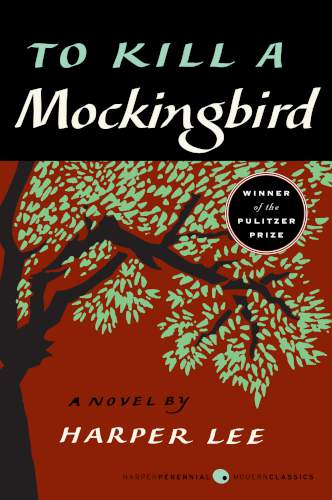
To Kill a Mockingbird is a story seen through the eyes of a child named Scout Finch, who watches her town and her life change forever as her lawyer father, Atticus Finch, defends a black man who's accused of raping a white woman in 1930s Alabama.
The book is a gripping tale, not only because it features the harsh realities of racism during the era, but also because it reminds us of the confusion of growing up and entering the adult world.
The best pages in the book see Scout and her brother Jem sneak inside the courthouse to see Atticus defend his client, using hard facts and logic to prove Tom Robinson's innocence of his charges. And, through the lens of Scout Finch, we witness the world's cruelty.
Reading To Kill a Mockingbird while young will have a far greater impact on the mind and heart, as the content lends itself to any child who's just starting to understand the world.
4. 1984
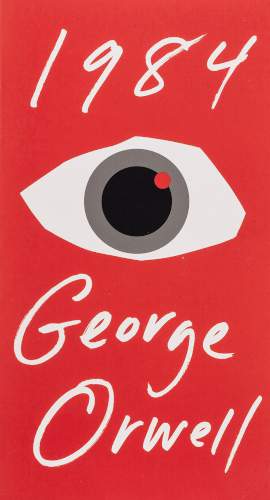
George Orwell's visionary masterpiece 1984 is a shuddering tale of a society imprisoned by itself in fear of being monitored by its rulers.
The book follows Winston Smith, whose job is to rewrite parts of history so that it remains in line with what Big Brother (the ruling party) claims as truth. Inwardly, he hates the world he lives in, which leads Winston on a path of discovery and change.
1984 is a novel often cited as a premonition of modern society, specifically with regard to the dangers of societal suppression. (It makes sense, given that Orwell wrote it at the end of the Second World War when the USSR ruled over one-half of Europe.)
It's arguably the most important piece of literature for young minds to absorb, as it can shape the way they see their future and show them the importance of having the freedom to express themselves.
3. The Curious Incident of the Dog in the Night-Time
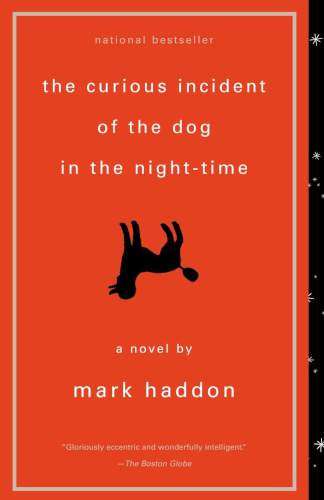
The Curious Incident of the Dog in the Night-Time was described by The Guardian as one of the greatest novels of the 21st century. By the time you reach its conclusion, you'll find it hard to disagree.
The story follows a young man named Christopher—who's implied to have some degree of autism—and the discovery he makes of the neighbor's dead dog, who was killed with a pitchfork.
His investigation of the killer takes the young man through a complex and complicated world, where he discovers that his mother is still alive (who he thought was dead) and the truth of his social surroundings.
Written entirely from Christopher's perspective, Mark Haddon's book is viscerally raw with a range of complex characters that inhabit Christopher's life in his search for the truth.
It's a book that requires patience and understanding to get the most from, yet at the same time, a book that can teach you to be more patient and understanding. A rare quality in a novel, for sure.
2. The Perks of Being a Wallflower
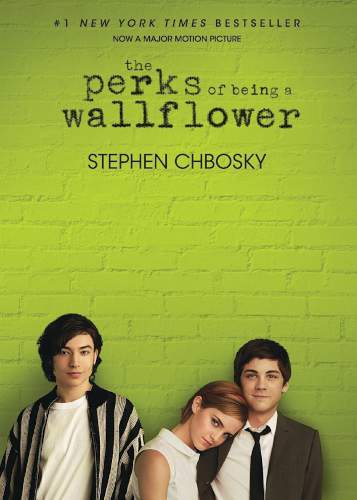
The Perks of Being a Wallflower (which was adapted into a movie in 2012) shows what it's like to grow up, unfiltered from the idyllic paradise that many consider fundamental to youth.
Based on the high school experiences of a teenager named Charlie, the book is a slow-burning pressure cooker that eventually explodes with devastatingly revelatory facts about our leading protagonist.
The narrative is anchored by his letter-writing to an unknown recipient, which tells the reader the secrets of Charlie's inner thoughts, his crushes, and his pain.
Reading Charlie can be difficult since his journey is a harrowing tale of abuse and mental distress. However, no other novel captures the essence of what it's like to grow older with uncertainty like The Perks of Being a Wallflower does.
It's a book dedicated to the idea that all of us struggle, and that it's okay to struggle so long as we surround ourselves with people who genuinely care. The message is simple yet powerful.
1. Life of Pi
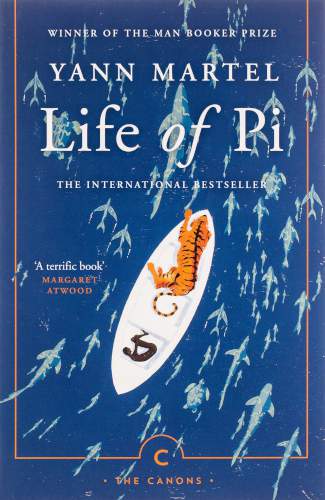
Here we have the story of Pi—a young Indian man who finds himself adrift at sea with nothing else but a lifeboat and a Bengal Tiger by his side—which is entirely about the act of letting go.
As Pi and Richard Parker (his name for the Bengal Tiger) fight every day for their survival in the middle of the Pacific Ocean, the two form a mutual bond during the voyage. Yann Martel's writing is delicately crafted to never allow Pi or the reader to abandon hope.
It's not Pi's physical struggle that captivates us, but rather his emotional strain. The final moment when Pi and Richard Parker are together is viscerally shattering for the reader, as this relationship that sustained them over their journey reaches its conclusion.
It's a story laced with magical realism, which is most vivid if read during one's youth. Life of Pi feels so vibrant in its text that the best way to understand Pi is to share his age, his naivety, and his fears.
